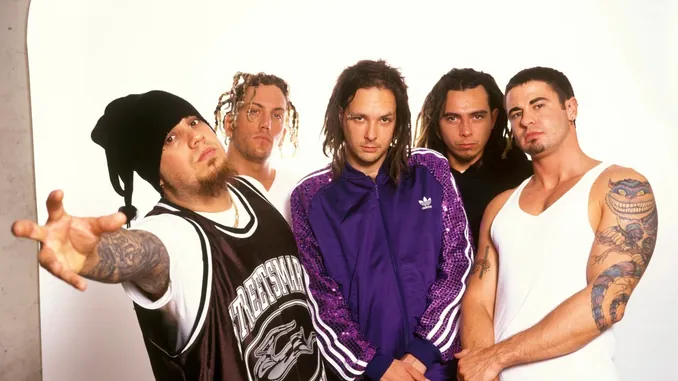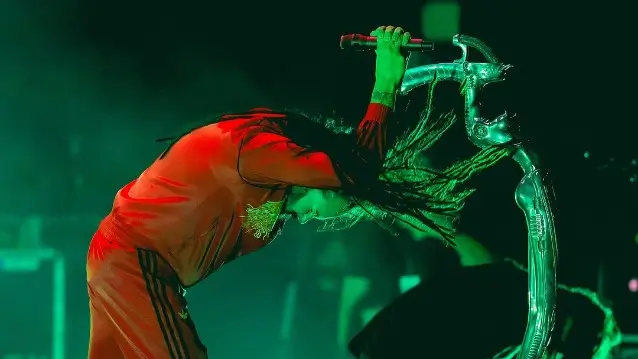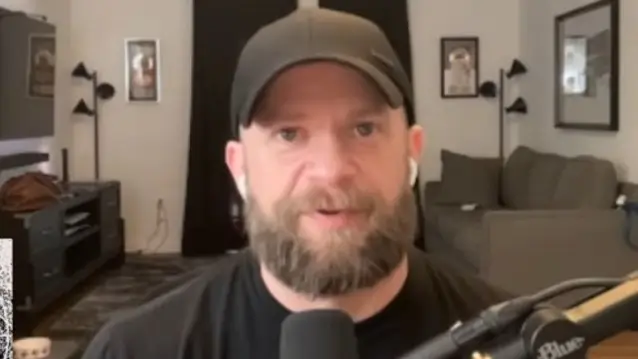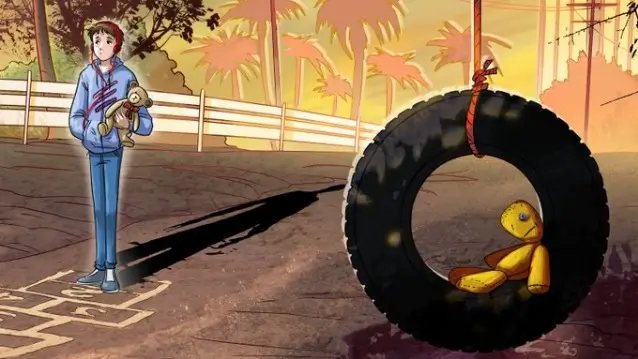Brian “Head” Welch Explains Korn’s Shift to Seven-String Guitars
From Steve Vai’s influence to redefining metal: How Korn made the seven-string guitar iconic.
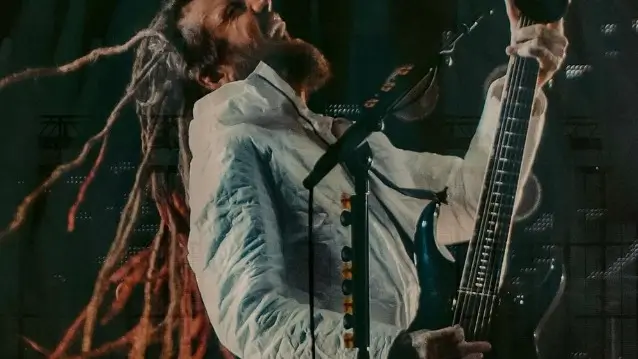
Summary
- Korn’s signature sound with seven-string guitars began when James “Munky” Shaffer was inspired by Steve Vai to pick up the instrument.
- Brian “Head” Welch admits it was Munky’s influence that got him to adopt the seven-string guitar after an earlier period where he had inspired Munky to go electric.
- Steve Vai credits Korn for reviving the popularity of the seven-string guitar, after hearing their heavy downtuned sound on the radio.
Korn’s signature seven-string guitar sound didn’t start with some grand plan to revolutionize metal. No, it all began because James “Munky” Shaffer had a thing for Steve Vai, and Brian “Head” Welch? He was busy worshipping at the altars of Eddie Van Halen and George Lynch. Korn’s dive into the seven-string universe was more about curiosity and pure experimentation than some calculated genius move.
According to Head, it was Munky who first got the idea, inspired by Vai’s wild approach to the seven-string. They were jamming one day, and, as Head remembers, it was a classic “you show me yours, I’ll show you mine” moment.
Related
Munky was impressed with Head’s ability to play Dokken’s Under Lock and Key, and from there, it was off to the races. Head jokes that he influenced Munky to start playing electric, but ten years later, Munky returned the favor by convincing Head to go the seven-string route.
The funny part is, Vai himself admitted that Korn took the seven-string and ran with it. Vai originally pushed Ibanez to keep making the instrument, even when it wasn’t selling well. One day, Vai heard this new band on the radio, playing something so heavy and distorted that it forced him to pull over his car.
That band? Korn, of course. They took the seven-string’s low B string and made it scream like nothing Vai had ever imagined.
When Korn dropped their 1994 debut, the seven-string guitar wasn’t some mystical tool—it was a practical solution to the sound they were after.
Sure, now people slap labels like “innovative” on it, but in reality, Korn was just messing around with their gear, trying to find the heaviest sound possible. They weren’t setting out to change the world; they just wanted to make music that rattled your bones.
That’s the thing with Korn—they didn’t make a big fuss about it. They just picked up what worked and turned it into something that shook the metal scene to its core. The seven-string didn’t need to be some flashy gimmick for them; it was just the right tool for the job. Simple as that.
Got a tip for us? Email: [email protected]
The guitarist jokes about death and emphasizes comfort over a dramatic on-stage exit.




